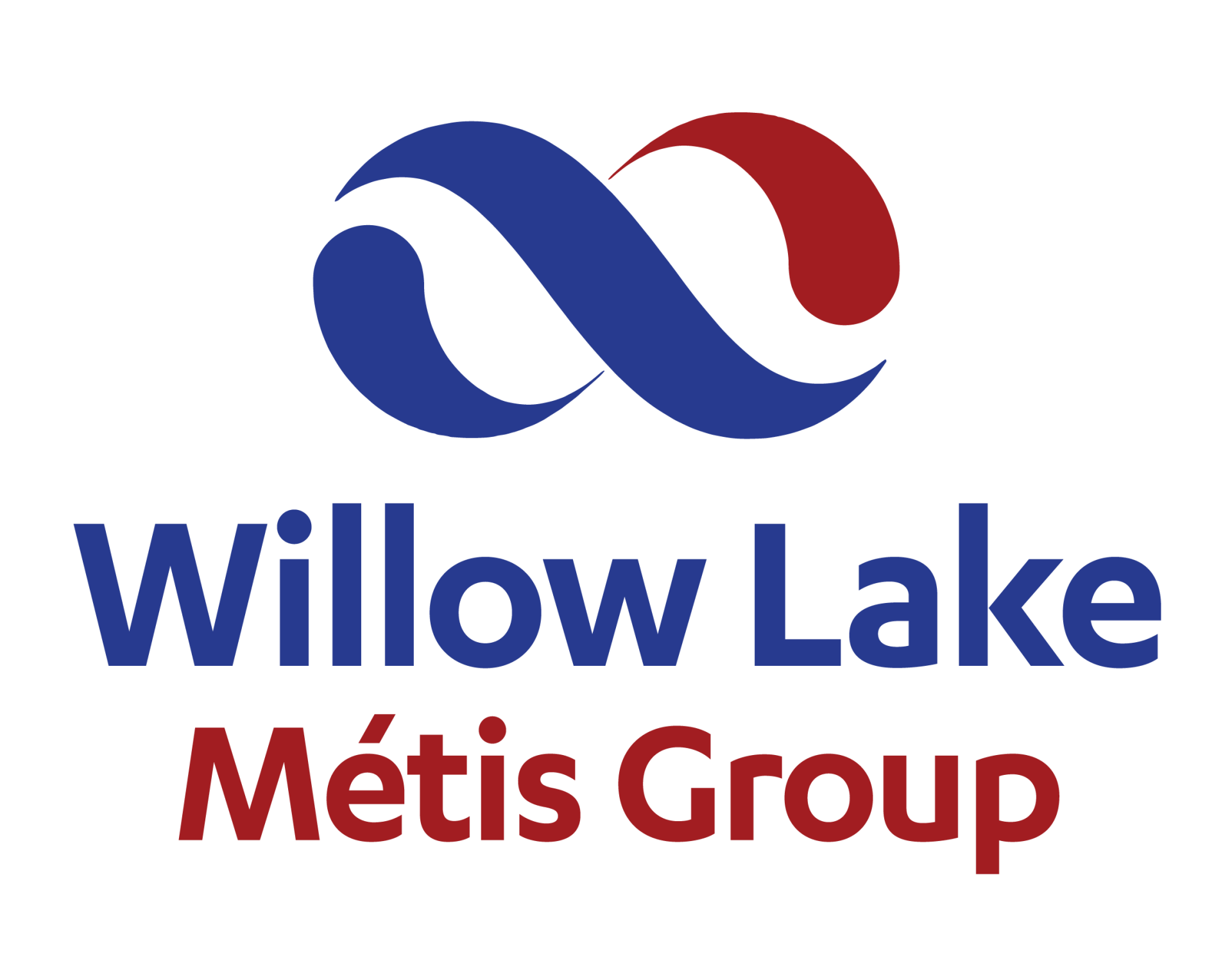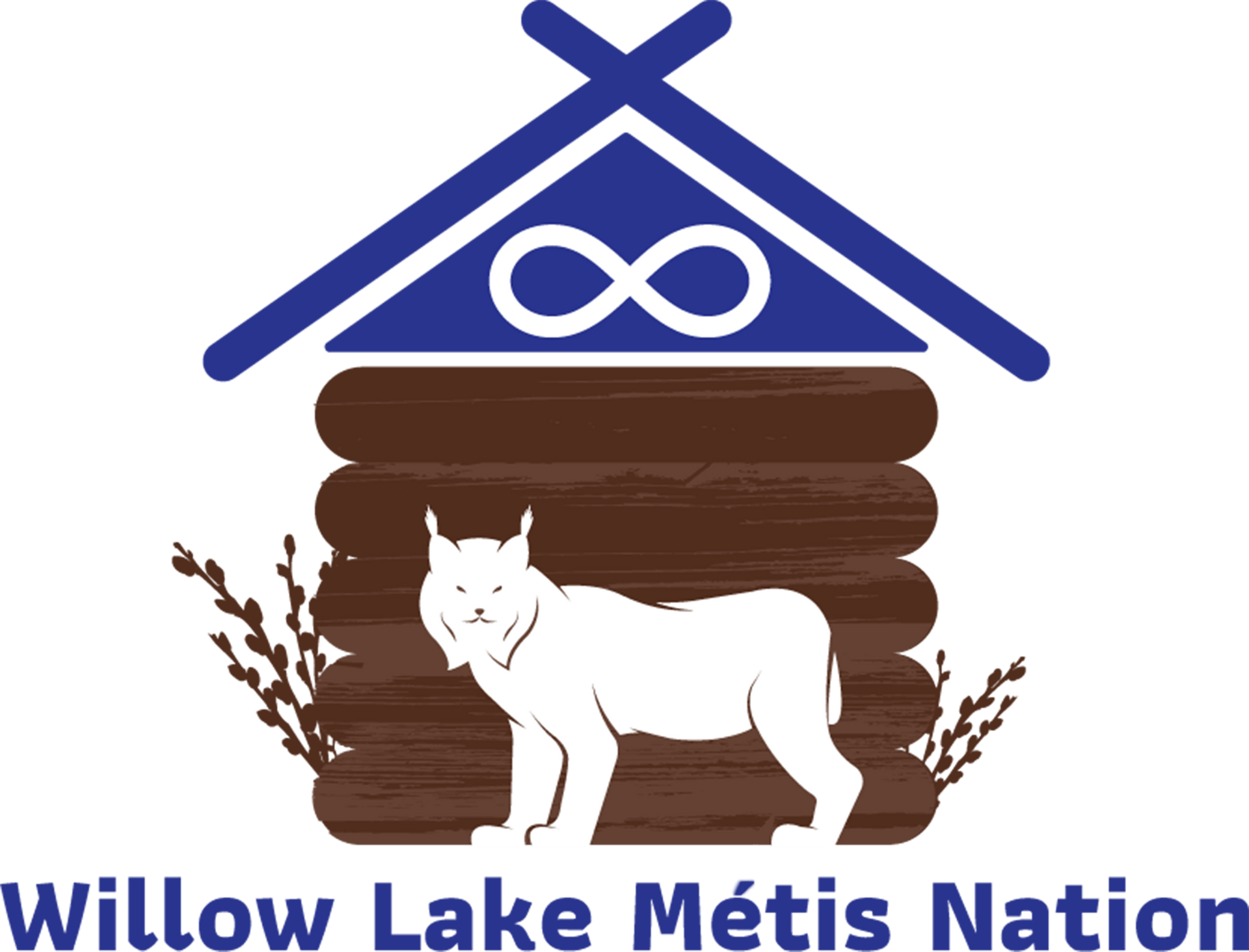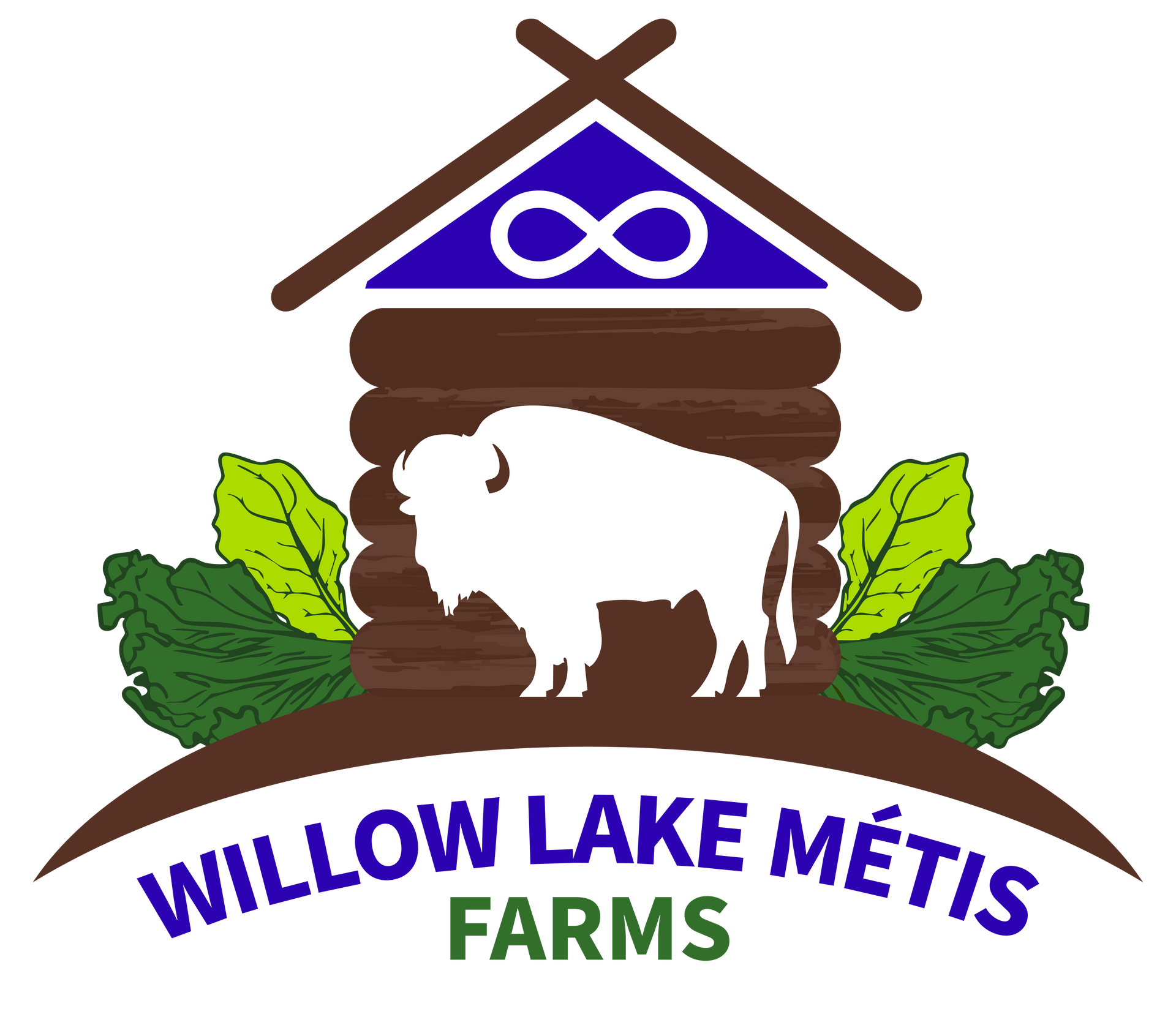Representatives from Willow Lake Métis Nation travelled to Ottawa to describe the impacts of the tailings pond leaks on the Nation to the House of Commons Standing Committee on Environment and Sustainable Development. New VP and Indigenous Guardian, Jason McKenzie, and Sustainability Manager, Destiny Martin, delivered an account of these effects and recommendations to the committee on how Government and industry should proceed.
See Destiny's full speech to the Standing Committee below:
Willow Lake Métis Nation Background
Willow Lake Métis Nation represents the Section 35 rights of approximately 90 Citizens. The Nation’s administrative centre is located at Anzac, Alberta, just south of Fort McMurray. The Nation emerged during the fur trade era between the Athabasca and Clearwater rivers (in what is now Alberta) and Lac La Loche (in Saskatchewan). Historically, Willow Lake was connected through kinship and economic ties to Fort Chipewyan and Lake Athabasca to the north, and to Lac La Biche to the south—and these connections continue today.
Willow Lake Métis Nation Citizens hunt, fish, trap, and collect berries and medicines on lands used by their ancestors. These lands include traplines like Vice President McKenzie’s, which has been in his family for several generations. Harvested resources are shared to provide for families and the community, and most Citizens continue to consume traditional foods and use traditional medicines. Willow Lake Métis
Nation, like other Nations in the oil sands region, have experienced and continue to experience extensive impacts of oil and gas, forestry, and other developments.
Toxic Leak of Tailings Ponds
Willow Lake Metis Nation was first notified regarding the tailings ponds leaks at the Imperial Oil, Kearl Lake site by email from the Alberta Energy Regulator on February 7, 2023. We then met with AER staff on March 8, 2023, to receive an update. Imperial Oil also contacted us by email on March 8, 2023, with a link to the company’s updates on the Environmental Protection Order. Willow Lake Métis Nation provided a response letter to Imperial Oil on March 17, 2023, outlining the Nation’s concerns and information requests. As of April 13, we have not received a response from Imperial Oil. This does not align with statements on Imperial’s website that indicate the company is engaging with affected Indigenous communities.
Willow Lake Métis Nation Citizens harvest in areas upstream and downstream of the Kearl site and are very concerned about impacts of the leaks on water and other aquatic resources, plants, and wildlife. Willow Lake Métis Nation continues to be connected to the other Nations, in this region, and engage in shared harvesting activities and the sharing of traditional foods and medicines. Certainty regarding the safety of traditionally harvested foods is critical to support land use, the sharing of harvested resources, and the continuation of rights and culture. Ongoing clarification and updates regarding the impacts of these spills on the environment and harvested plant and animal resources is required to support future land use. The leaks and the delayed notifications are deeply concerning to Willow Lake Métis Nation.
Willow Lake Métis Nation is in a vulnerable position right now as we are waiting for recognition of the Nation’s Section 35 rights through Alberta’s credible assertion process, and experiences inconsistent consultation from government and industry. The leaks highlight the risk for any Indigenous Nation that incidents such as these can go unreported, but this risk is especially high for Nations in Willow Lake’s position.
It is apparent that Imperial Oil and the AER shared the responsibility for communicating these incidents much sooner. While we appreciate that the AER contacted the Nation, met with us in March, and continue to update us, this incident has affected the Nation’s ability to trust both industry and the AER. Willow Lake Métis Nation is interested in meaningful solutions that will re-establish that trust through co-operation, co-management and most importantly co-reclamation to ensure truly sustainable oil sands operations.
Willow Lake Métis Nation desires to find ways to address the gaps highlighted by these incidents. Immediate solutions include discussions with Imperial to ensure Nation involvement in incident response and monitoring, as well as further discussions with the AER to ensure Willow Lake receives timely notification regarding incidents within the Nation’s territory. Willow Lake also recommends a human health assessment to ensure there is no risk from the leaks to traditionally harvested resources including water, plants, and animals. More broadly, these incidents have emphasized cumulative impacts to Indigenous rights in the oil sands region. Deeper understanding of those impacts needs to be achieved through a regional assessment of the oil sands, including cumulative impacts, and impacts to Section 35 rights.
On behalf of Willow Lake Métis Nation and its Citizens, I would like to thank you for your time and consideration of our concerns. We sincerely appreciate the invitation to present to the Standing Committee today.




